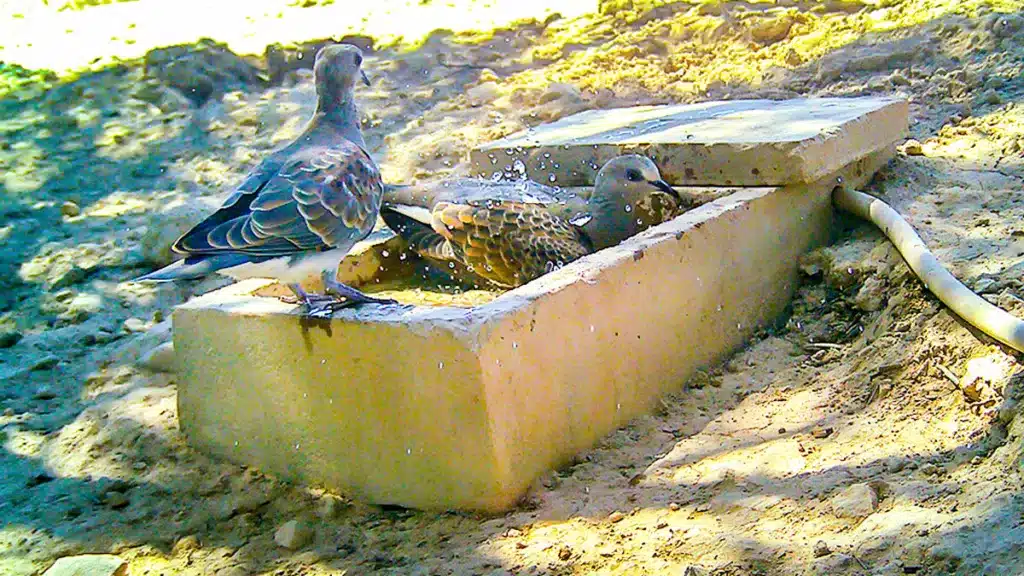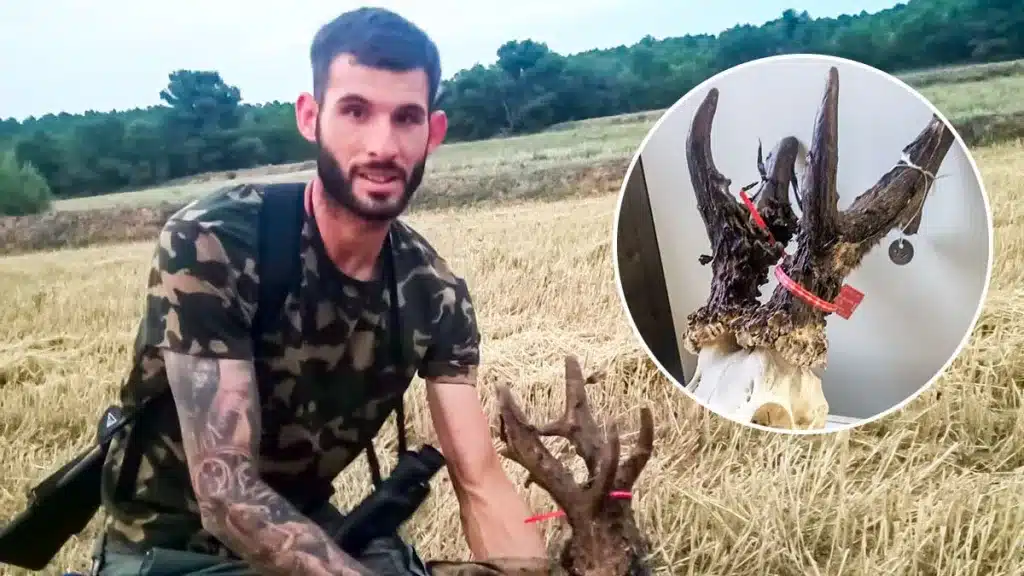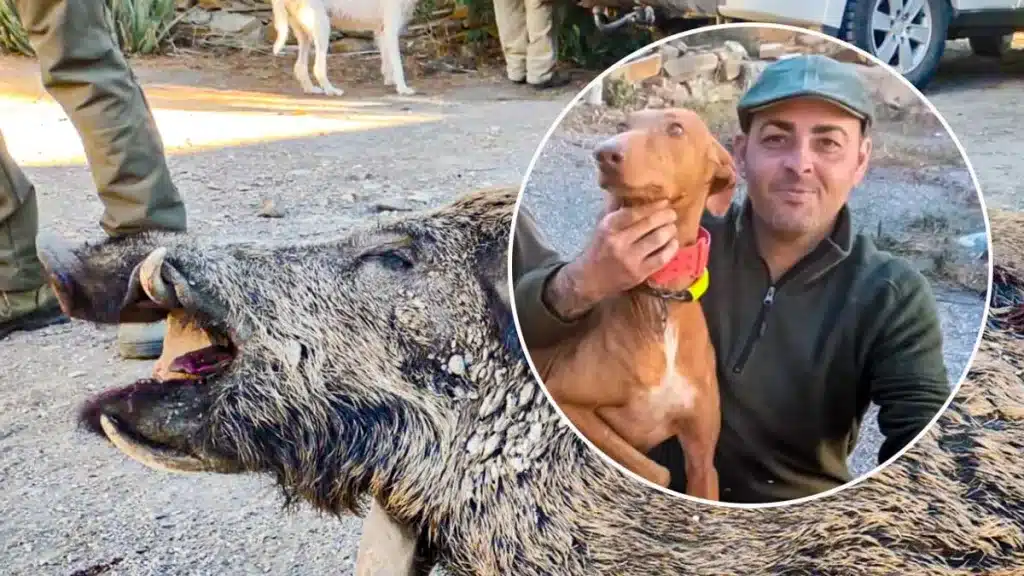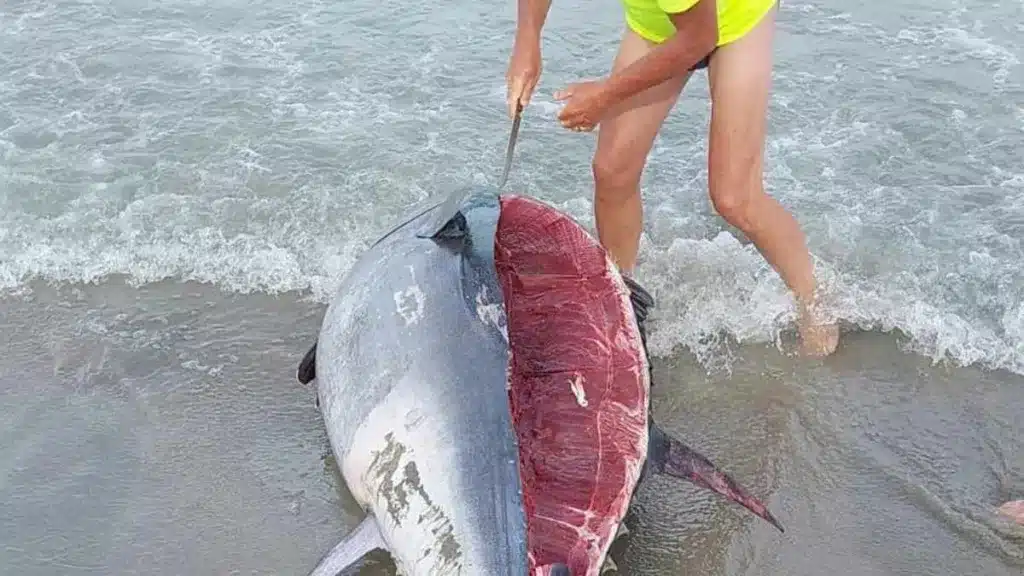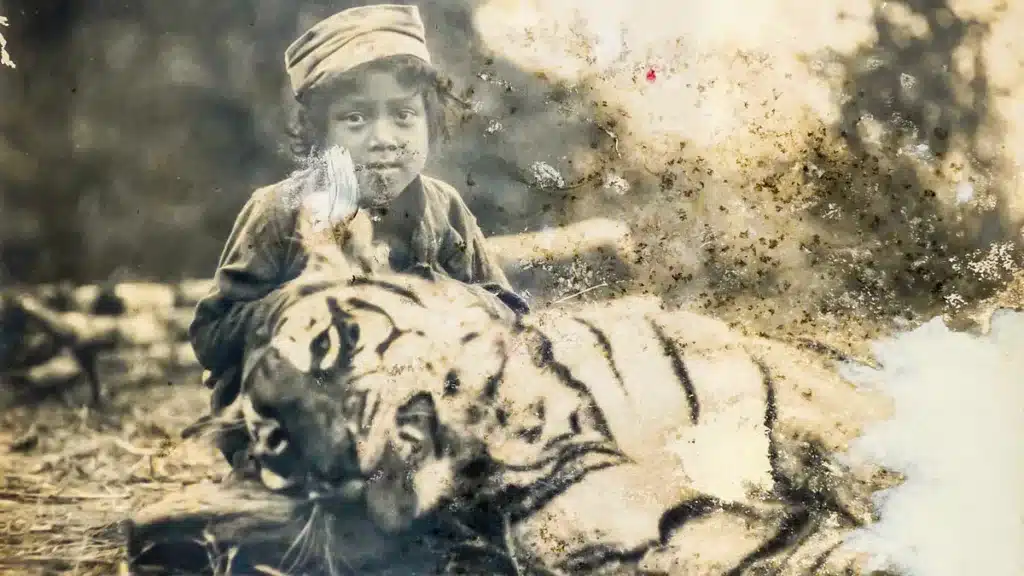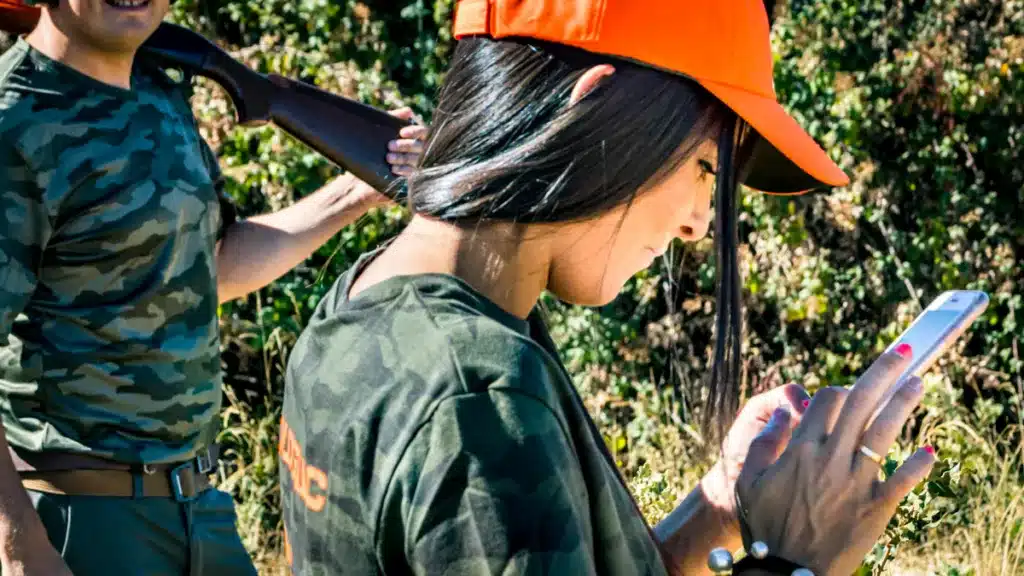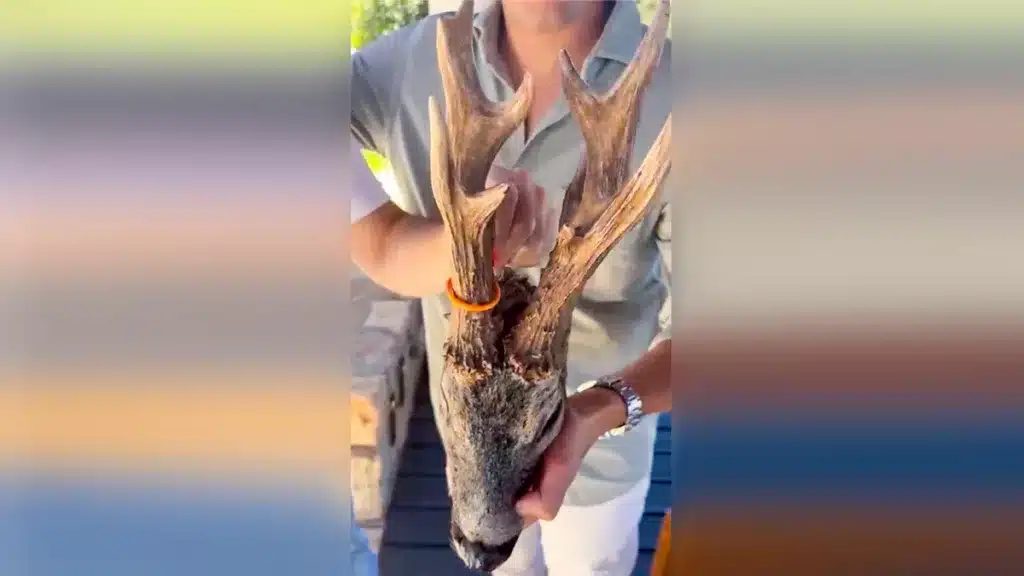A picture is worth a thousand words. And in the Sociedad de Cazadores de Lebrija (Sevilla) they have many that they wanted to share with the Federación Andaluza de Caza. In them, the priceless work of conservation of the common turtle dove (Streptopelia turtur) that hunters perform in favor of the species even now, when hunting is banned throughout Spain, is evident.
The images, taken by trailcams, show how the turtledoves flock in large numbers to the drinking and feeding troughs that hunters have installed on their land during the summer.
Unrecognized conservation work
The Lebrija hunters manage 5,600 hectares of countryside, where they have placed 150 water troughs made and installed by their gamekeepers.
Every day, they distribute up to 3,000 liters of water to ensure the survival of turtledoves and other birds that suffer from the lack of humidity and high temperatures. This hunting management is essential to maintain the populations of turtledoves, which have been in decline for years due to habitat loss and intensive agriculture.
As we all know, hunters cannot enjoy the sustainable use of this species, since the European Commission dictated in June 2021 a moratorium on the hunting of the common turtledove (instigated by the animal lobby, with SEO/BirdLife at the head), urging the autonomous communities to suspend its hunting.
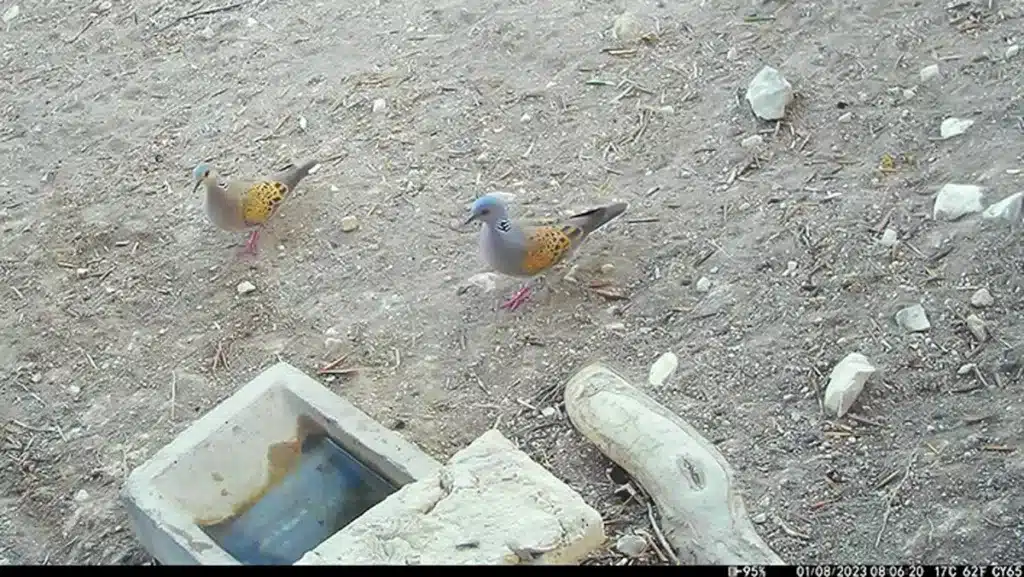
Hunters, the only ones who help turtledoves
This measure has been criticized by the Andalusian Hunting Federation (FAC), which believes that banning hunting does not benefit the species, but rather harms it by discouraging the interest and investment of hunters in its conservation: «Continuing to ban the sustainable hunting of the turtledove will not benefit the species, but quite the opposite: hunters are the most interested in the recovery and conservation of the turtledove populations in order to enjoy their hunting, always as a renewable resource», said José María Mancheño, president of the Andalusian Hunting Federation.
The representative of the Andalusian hunters has assured that «if the hunting interest of the turtledove is lost, investments and habitat improvements will cease to be made and the interest of hunters in its conservation will be reduced to the same as that shown by other groups, which do not invest a single euro or an hour of work in the maintenance of the common turtledove».
It goes without saying that the environmental groups that demand their hunting do nothing on the ground to improve their populations.
The PIRTE, a commitment to conservation
For this reason, the Andalusian Hunting Federation asks the Andalusian Regional Government to defend before Europe the application of the Integral Plan for the Recovery of the European Turtle Dove (PIRTE in spanish), a project developed by the Artemisan Foundation that proposes several actions to improve the habitat, monitor populations and regulate adaptive hunting of the European Turtle Dove.
This plan has the support and collaboration of hunters and managers, who are the main stakeholders in the recovery and conservation of the European Turtle Dove as a renewable resource.

